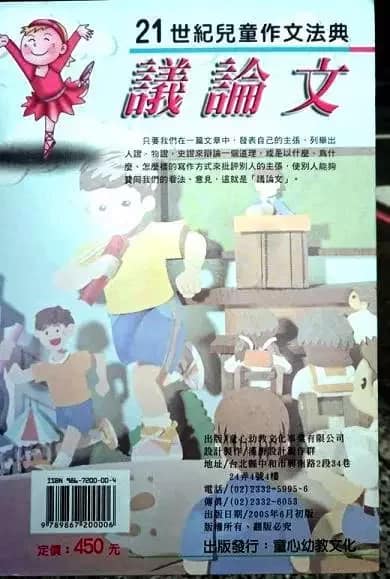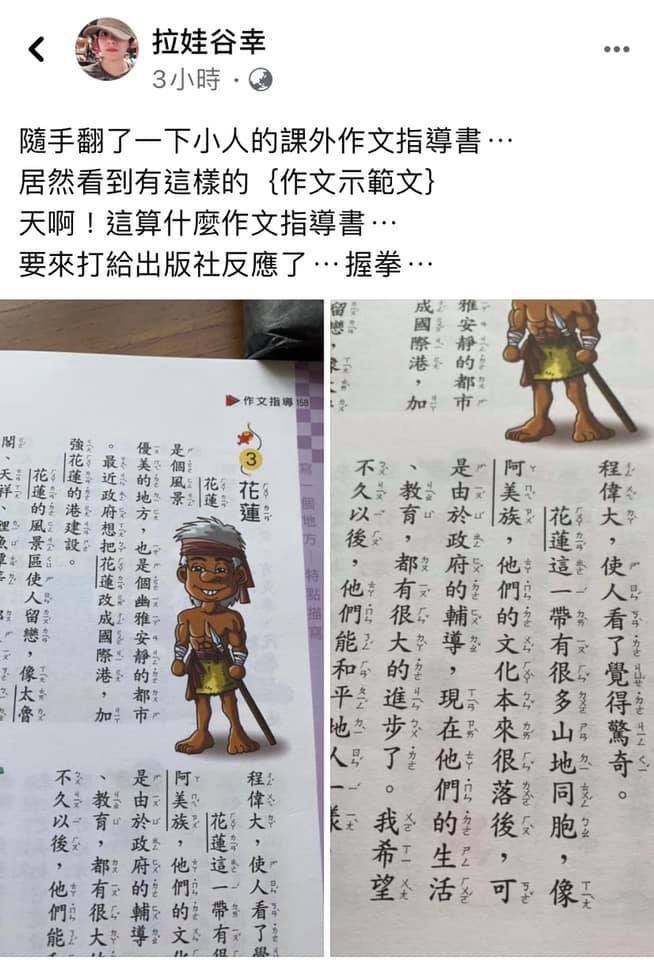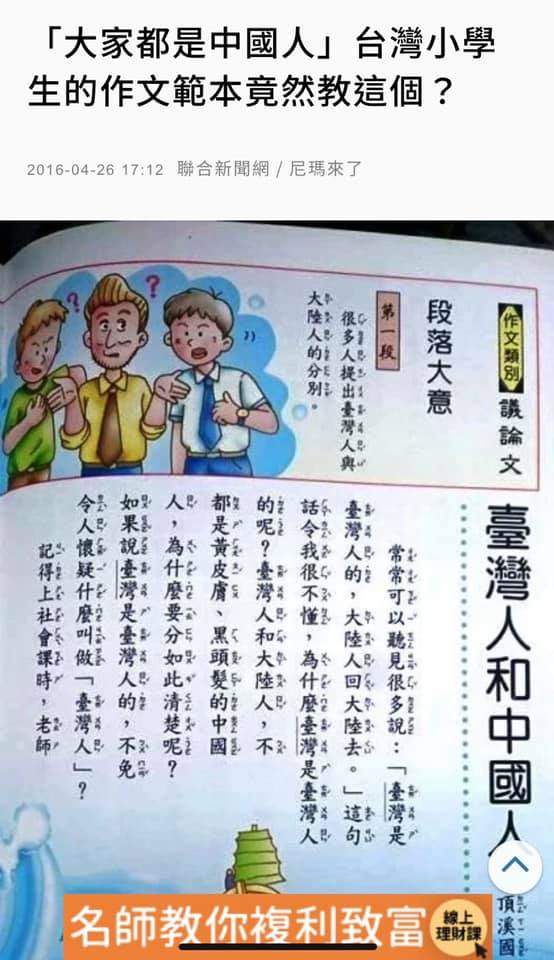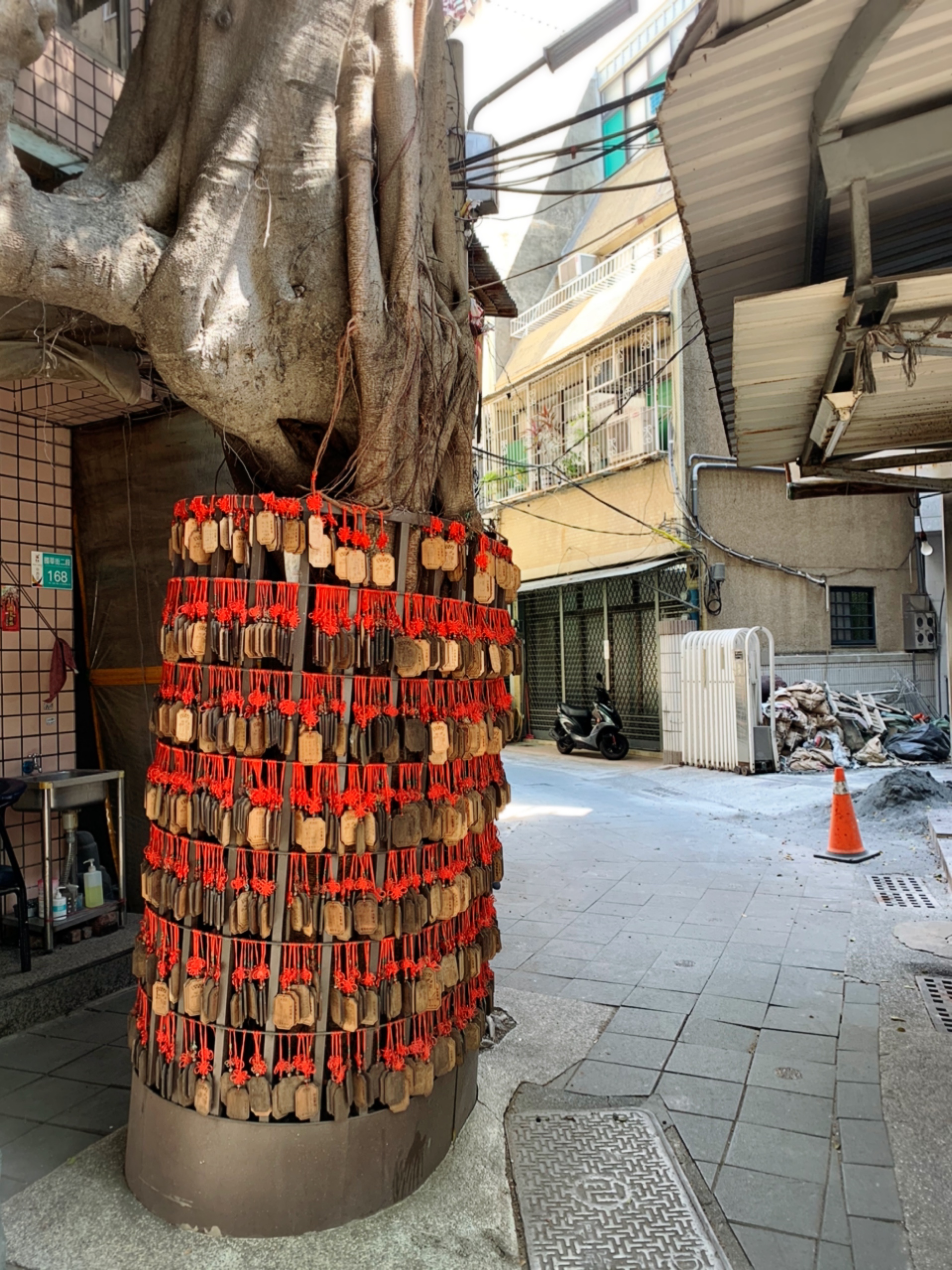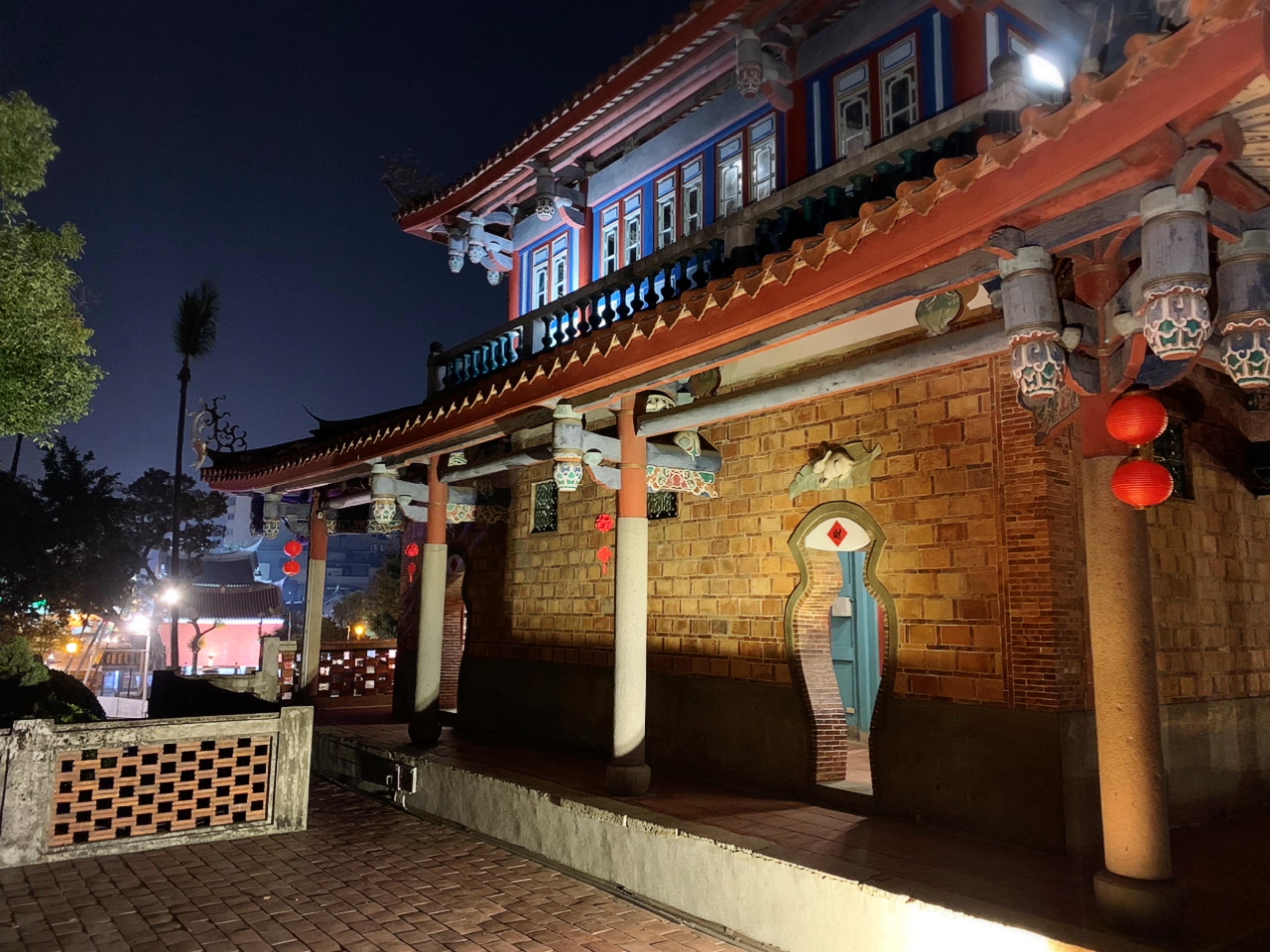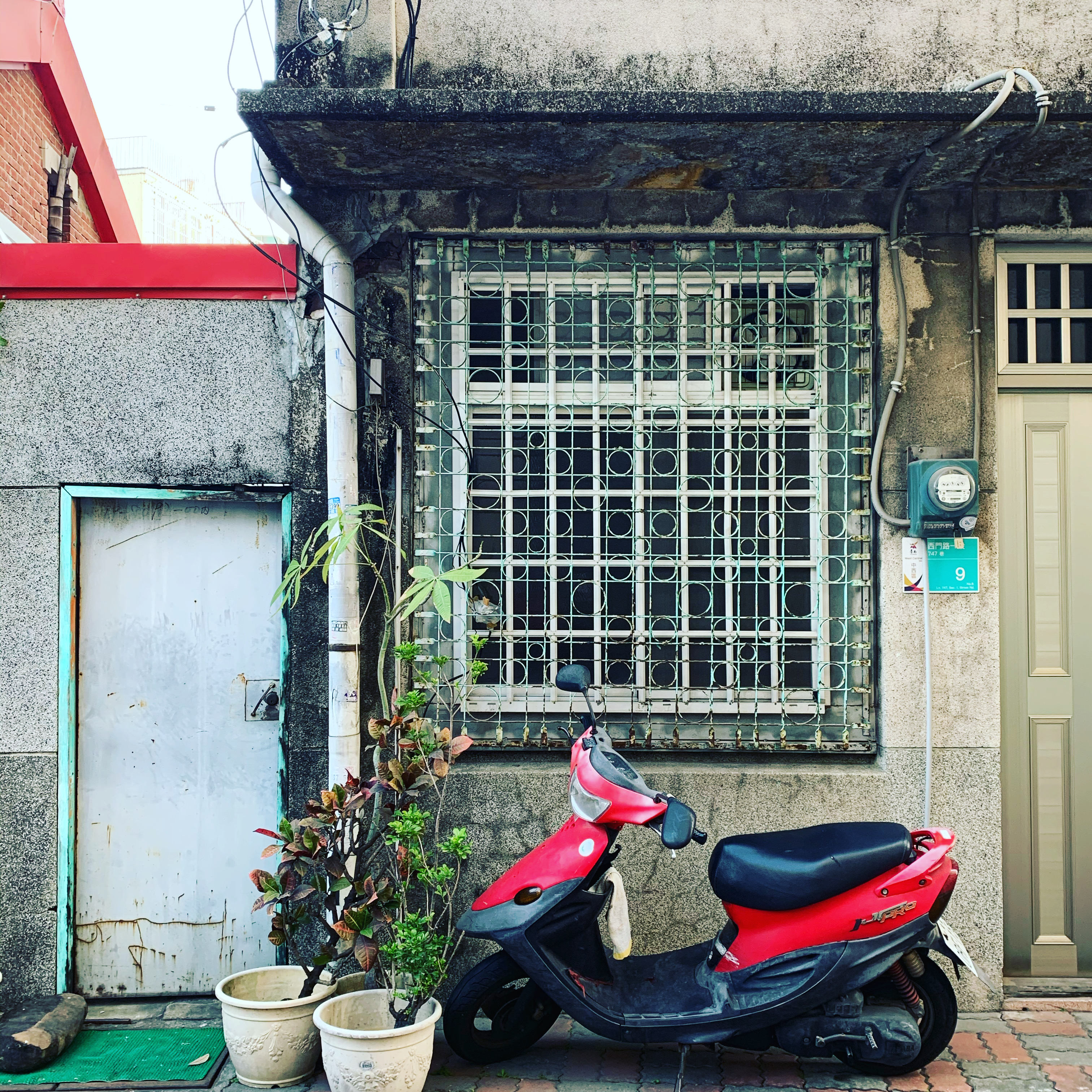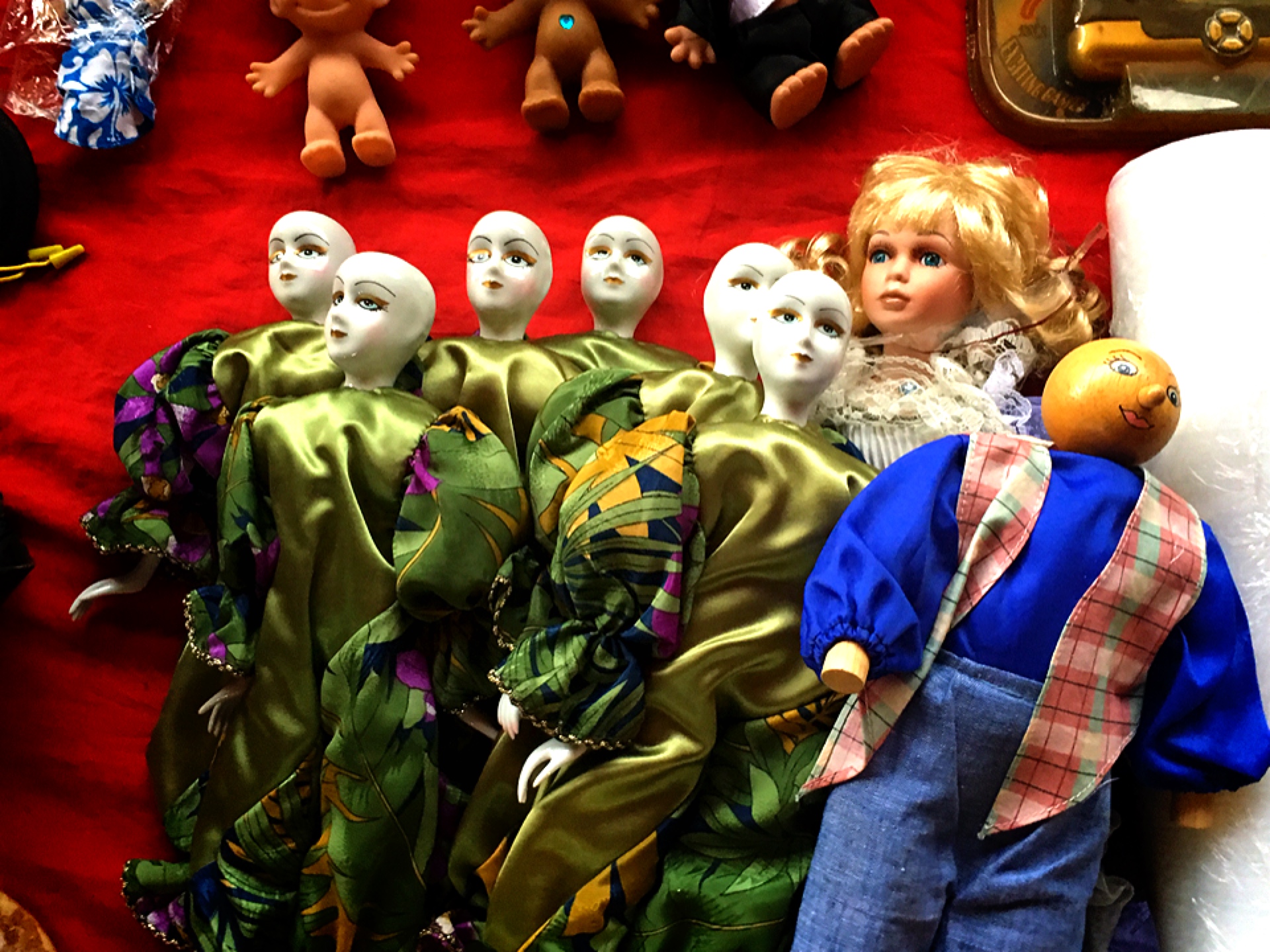I cracked open the slim 2021 translation of Chi Ta-wei’s The Membranes on a transpacific flight, after a fairly rough but ultimately successful check-in experience. The flight itself was fine; other than the unuseable headphones, it was if anything an above-average experience. I was excited to see family and take a fun side-trip to Mexico. But, after two leg-aching hours of standing in various lines, some of which could have been avoided if Asiana Airlines had merely redeployed their human staff to check passengers in rather than forcing them through a robotic self check-in, I had to wonder — did I love travel, or hate it?
There’s no actual duality here. The experiences, good and bad, don’t really matter. How I feel about them. Quite literally, what the experience ultimately means is all in my head.
Protected or trapped by a membrane of lightweight material as we arc across continents, I abandoned the movie and turned to the book. Originally written in the 1990s but only recently translated, The Membranes seemed like both a glimpse into the past — almost like historical science fiction — as well as a semi-dystopian glimpse into an imagined future for humanity.
The Membranes reads more like a novella than a novel, and takes just a few hours to read. It’s a very “quiet” novel: not much dialogue, mostly taking place inside the head of the main character, Momo. It uses the conflicted relationship between Momo and her mother on the even of Momo’s thirtieth birthday to explore an imagined society in the year 2100 in which climate change has ruined the surface and humans live under domes in the sea — one of many ‘membrane’ themes in the book, emphasizing its internality.
How Momo, an introverted woman running a skincare salon (well, there’s more to that but I won’t spoil it) interacts with the world — or doesn’t — shows readers what life under the sea is like. Real animal pets are rare, as are plants and animals that humans didn’t deem useful. Skincare specialists are practically celebrities in an appearance-obsessed society and cyborgs who may or may not have human-like intelligence fight wars for humans on the surface. Mega-corporations with friendly faces but ultimately monopolistic goals matter more than people. The role of those corporations in perpetuating human-created “-isms” is explored as well. The ultimate membrane, in a move that surprised me, turns out not to be a hollow capitalist skincare thing, but something far more insidious.
For a novel written in the 90s, The Membranes is visionary in its queer progressivism, as well. Beyond the usual critiques of unchecked capitalism, there isn’t a single straight couple among the handful of characters. Two women adopting a daughter is so normal that the narrative itself doesn’t remark on it. Rather like The Expanse, it shows a world where the petty shit we shouldn’t be fighting over now — like who and how people choose to love — has mostly been resolved, but powerful government and corporate interests (with the corporate ones being ultimately more powerful). It turns racism on its head by showing a world where white people, seen as inferior as their melanin-reduced skin cannot afford sufficient protection against the sun, are excluded from major institutions. It includes technology that was rare or theoretical in the 90s, such as cloud computing, portable devices and micro-trackers, but which in 2023 are now seen as a normal part of life.
Transgenderism is treated as normal and unremarkable as well; the novel lingers on it only slightly longer, ultimately deciding that gender goes beyond biology and gender binaries are restrictive rather than helpful.
Remember, again, that this was written in the 1990s. In 2023 it’s fairly normal to explore these topics. In the 90s, in Asia, this was radical stuff. If it reminds you of Chiu Miao-jin in length, style and referencing…it should. I suspect that’s intentional. Chi and Chiu were writing around the same time, and probably ran in many of the same circles. Unlike Chiu, Chi, fortunately, is still with us.
And, of course, the novel is quietly, well, Taiwanese. Or rather, a dream of what Taiwan could be, or was hoped to be, by 2100 (if Taiwan existed in a dome under the sea, that is). In the early 1990s, just a few years out from the death of Nylon Deng, mentioning “huge” monuments such as plaques commemorating the 228 Incident was a bold, even radical statement. Showing Taiwan as the key financial hub of Southeast Asia while slyly referencing Taiwan’s complicated but ultimately special relationship with Japan, was an imaginative projection of hopes for the future. Some of these things came more or less true, some not — 228 Incident recognition is normalized now, but Taiwan never quite became a regional hub.
I’ve been avoiding the key point of The Membranes, because it’s so hard to talk about it without spoiling the big twist. The peaches Momo loves to eat, the method of Momo’s birth (referencing both Chinese and Japanese folk tales and idioms), the undersea domes — these are not the only membranes in the novel. Early in the narrative we learn that Momo had a devastating childhood illness that she barely survived. She had a custom-made android friend whose role is left obscure. Ultimately, we’re forced to ask ourselves first whether artificial intelligence should be considered human, and then whether a human brain in an android body is trapping the android in the human, or the human in the android.
Then, there’s a less predictable twist, which I won’t begin to spoil. I will say what it asks of you: to consider whether what your brain experiences is the real world, and whether it matters if it’s what you know. Are your emotions real and complex if they are in reaction to ultimately false events? Is it right to have your fate decided for you, and is it worth it to hand so much power to massive corporations in exchange for astounding technological advances? Do they make our lives better, or worse?
If there’s one criticism I have of the book, it’s that it was too short, and a little impersonal. Much of it read as a summary of a story, rather than a story itself. It could have been three times as long, or longer, as it explored Momo’s life and the lead-up to her thirtieth birthday in real time rather than a sort of gloss of what happened and is happening in the story. I understand why it was written this way — it all becomes clear when you hear the full story of what happened when Momo was ten, making a full, deep moment-by-moment story hard to tell from her perspective. But, hey, I just think it could have been longer and more richly developed: a novel, rather than a novella.
That said, Taiwanese literature in general tends to be a little too meandering for me, more about scenes and impressions rather than a clear story or forward-moving plot. Chi avoids this, telling a quickly-driven narrative in a terse and succinct — perhaps overly succinct — way.
Ultimately, however, you should read The Membranes. If you’re inclined to think that Taiwan is a wholly conservative culture, or that there’s not enough literary creativity or progressive politics, Chi Ta-wei’s novel should quickly disabuse you. It also tells us something else: we need more Taiwanese literature in translation — and to not call it Chinese, but Taiwanese — and not 30 years after it is originally published.


